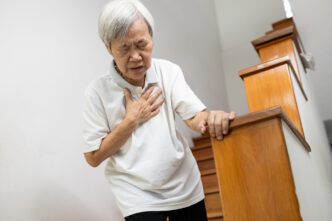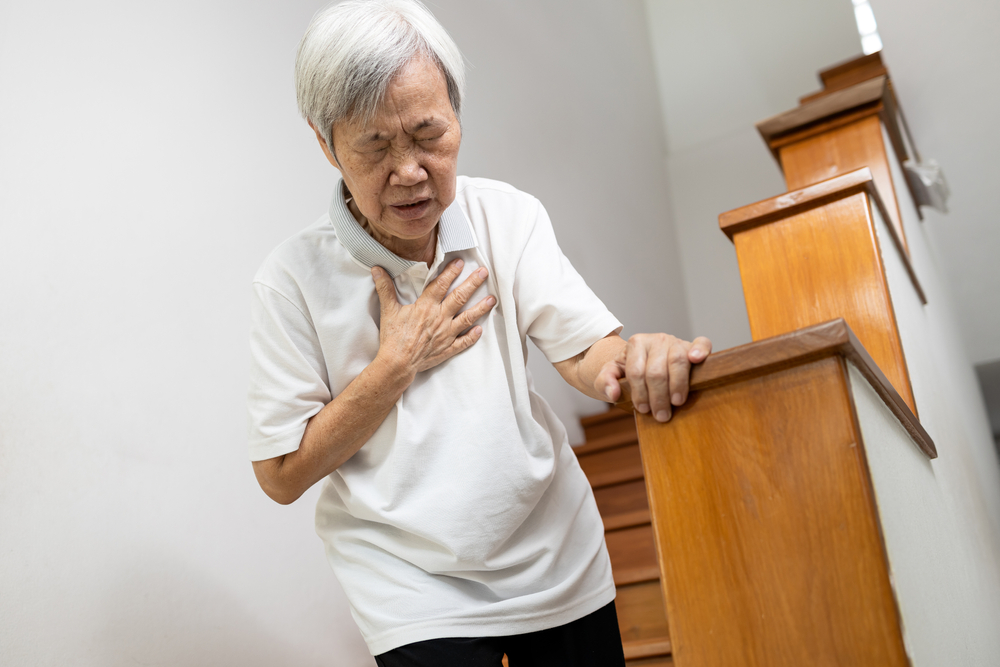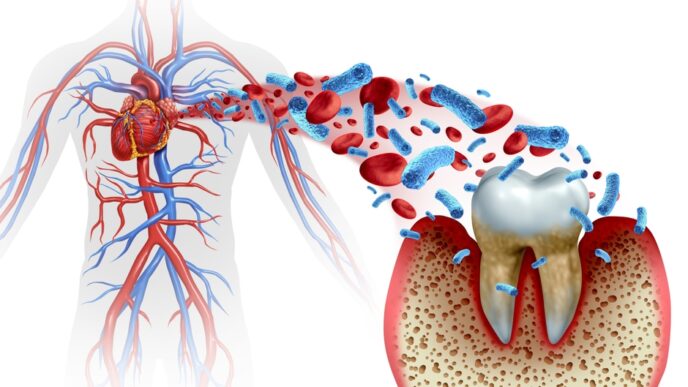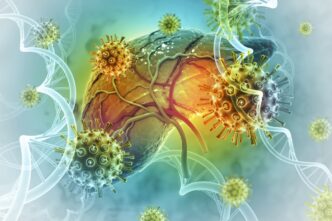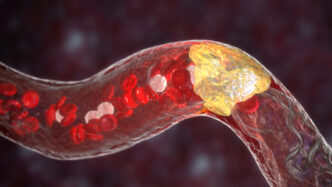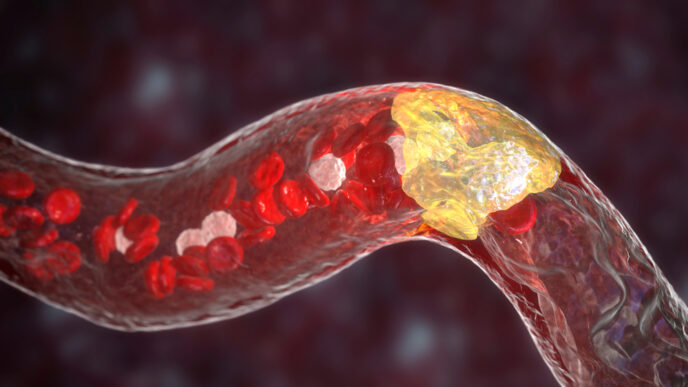Many of us are aware that shortness of breath or dyspnoea is a possible symptom of COVID-19, but there are other possible reasons why one may experience this issue. People that experience frequent or unusual shortness of breath need to be aware that this could be a warning sign that something may be amiss with their heart or lungs.
WORDS LIM TECK CHOON
 FEATURED EXPERT FEATURED EXPERTDR TEE CHEE HIAN Consultant Cardiologist Sunway Medical Centre Velocity |
“As the heart and lungs are two organ systems are so intertwined, one always affects the other. In fact, about 60% of people with heart disease also have a lung disease,” Dr Tee Chee Hian says.
STRAIGHT TO THE HEART
Dr Tee points out that shortness of breath can be triggered by cardiovascular problems.
Sudden Shortness of Breath
- Usually, shortness of breath occurs suddenly, when one is experiencing a heart attack or pulmonary embolism.
- Pulmonary embolism is the result of a blood clot breaking free from a vein in the leg or pelvis and lodging itself in the lungs.
Shortness of Breath Over a Period of Time
- Shortness of breath may also be experienced over a period of time, typically during physical activity.
- Dr Tee explains that this can be due to:
- Stiffening and narrowing of the aortic valve in the heart (aortic stenosis).
- Heart rhythm disorders.
- Coronary artery diseases.
- Heart failure.
- In such a situation, shortness of breath may also be accompanied by:
- Swelling in the legs.
- Chest pain.
- Dizziness.
- Lethargy.
DON’T LEAVE ME BREATHLESS
 FEATURED EXPERT FEATURED EXPERTDR NURUL YAQEEN MOHD ESA Consultant Respiratory and Internal Medicine Physician Sunway Medical Centre Velocity |
Dr Nurul Yaqeen Mohd Esa shares that shortness of breath may also be a sign of acute or chronic respiratory diseases.
- Chest tightness or wheezing may be caused by asthma.
- However, worsening problems could be a red flag for:
- Chronic obstructive pulmonary disease (COPD), a lung disease that makes breathing difficult because the airways are damaged, often from smoking. Includes bronchitis and emphysema.
- Pneumonia.
- Pulmonary fibrosis (scarring of the lungs).
- Tuberculosis.
- Lung cancer.
- Bronchiectasis, a lung problem where damaged airways fill with mucus, leading to frequent chest infections and trouble breathing.
- Fungal lung infection.
WHEN SHOULD YOU SEE A DOCTOR?
- When you experience unexplained shortness of breath experienced for the first time.
- When it occurs while you are at rest (not doing any strenuous physical activity).
- When the shortness of breath is accompanied by chest pain or pressure, light headedness, and/or sweating.
- When you experience worsening shortness of breath while having a history of heart failure, asthma, or emphysema.
| This article is part of our series on the health issues affecting the heart and the lungs. |

